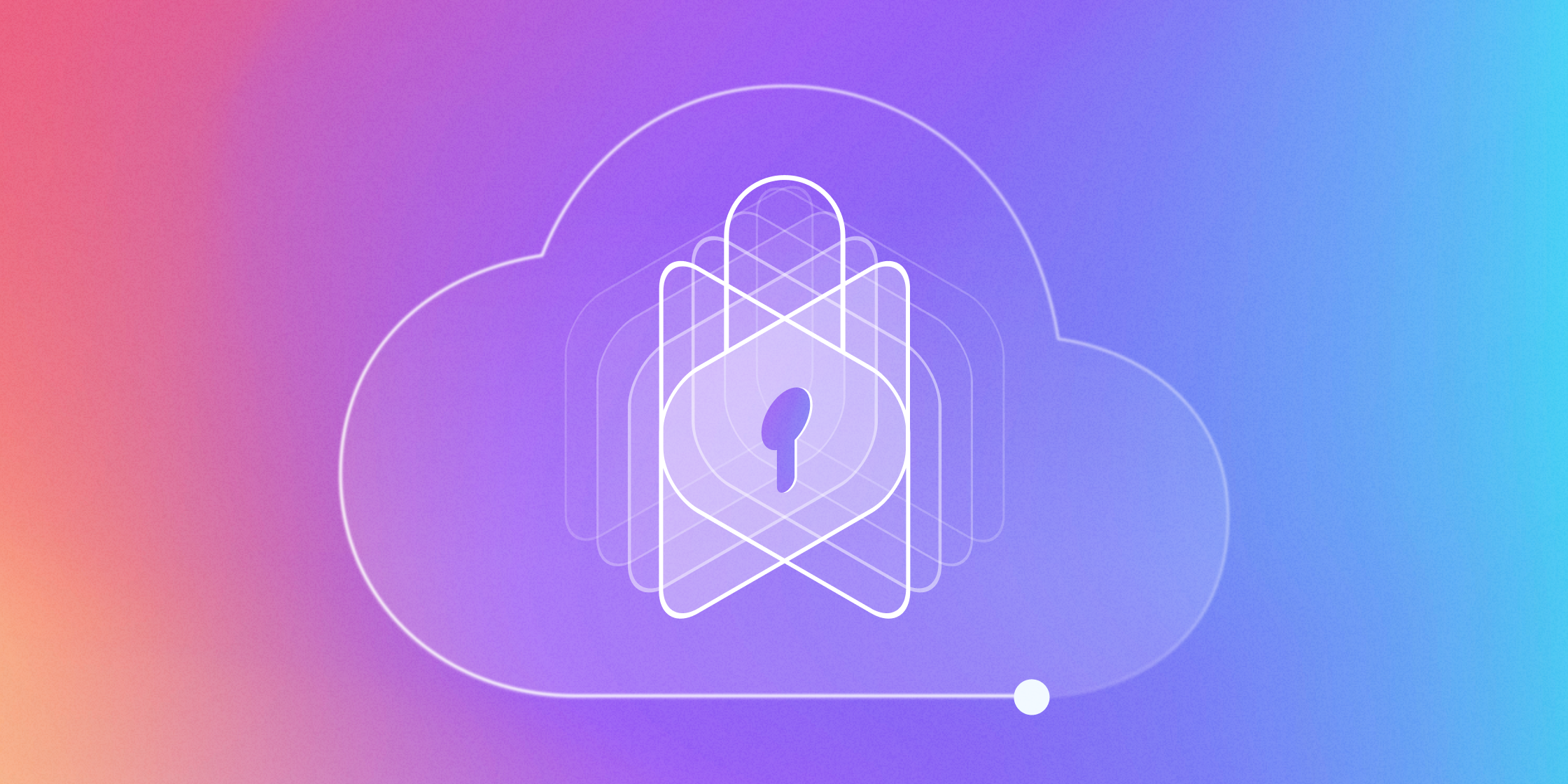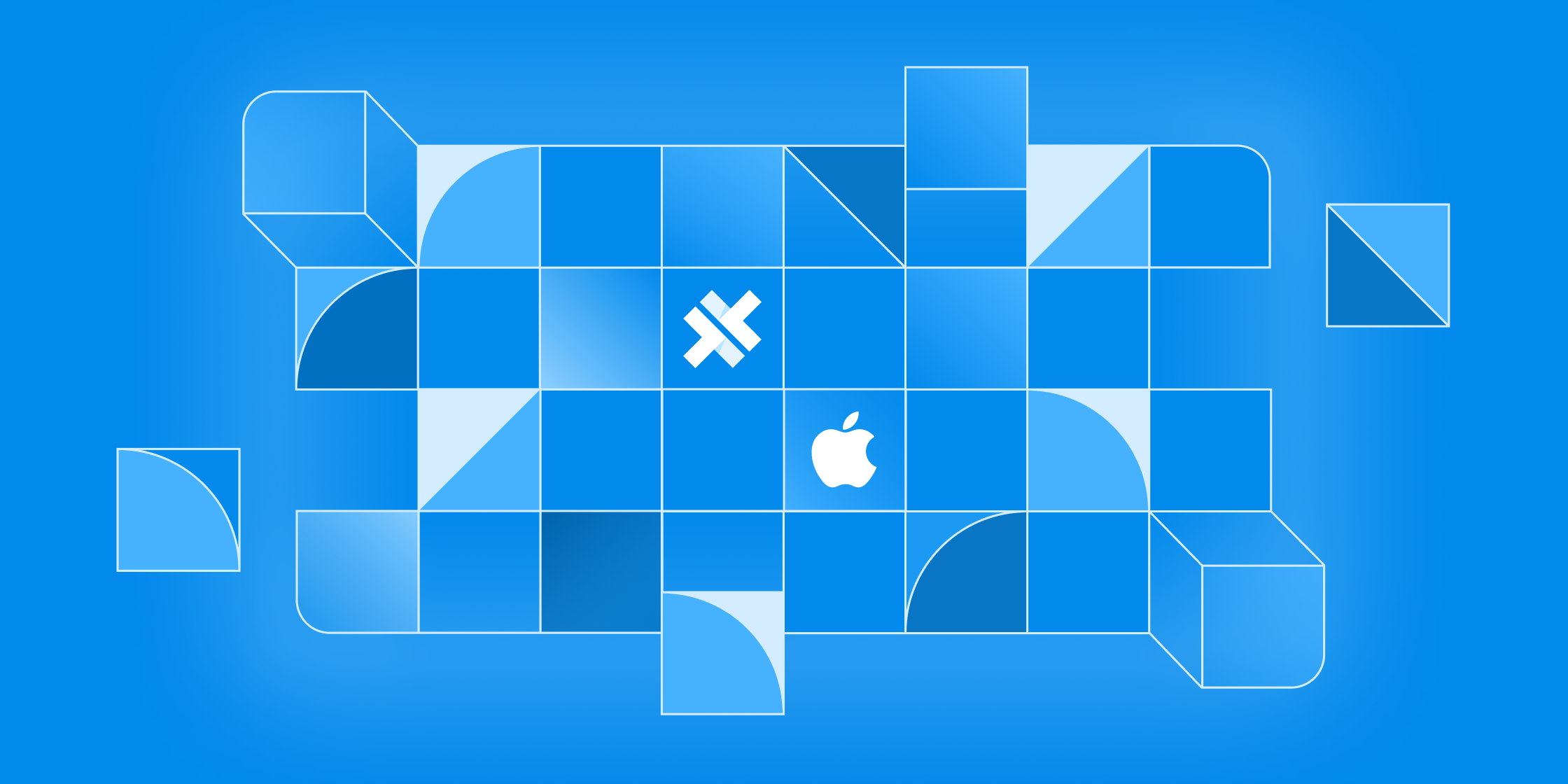Why every cloud provider should be SOC 2 certified


Cloud security incidents are more common than you think – and the consequences can be catastrophic and costly. The 2023 Cloud Security Report showed that 24% of organizations experienced a public cloud-related security incident in the past 12 months. That’s a 1 in 4 chance your organization could be at risk for exposing sensitive user data. To mitigate that risk, choosing the right tech stack is a critical choice you must consider.
Your users trust you to build a secure app, and part of avoiding security incidents is choosing secure tools. Choosing cloud providers for your development tools is a big responsibility, and determining whether you can trust a cloud provider should be based on a variety of factors.
One factor that should be considered mandatory is SOC 2 certification. Every cloud provider you evaluate for your organization should be SOC 2 certified to demonstrate their commitment and compliance with the highest security standards.
Appflow, Ionic’s mobile CI/CD platform, has a longstanding commitment to security as a cloud provider. In December 2022, we announced compliance with SOC 2 Type I, and are excited to confirm that we have now successfully completed the exam for SOC 2 Type II compliance!
What does it mean to be SOC 2 certified?
SOC 2 certification means that an organization is in compliance with standards set by the American Institute of Certified Public Accountants (AICPA) to test controls for information security and privacy. It requires completing a two-step exam that evaluates and audits five categories of trust services criteria, including: Security, Availability, Confidentiality, Privacy, and Processing.
Achieving SOC 2 certification is the industry standard for products that use cloud storage for data and is considered table stakes for many enterprises evaluating cloud service providers and vendors.
The certification process takes on average 6-12 months, and requires ongoing review to maintain compliance. Companies that invest in SOC 2 certification are demonstrating a serious commitment to security and compliance for their users.
You can read more about the specifics of a SOC 2 exam process here.
The importance of SOC 2 certification
You likely use a number of different cloud providers throughout the development lifecycle of your app. Everything from your Git provider, to authentication tooling, to deployment and hosting. The more complex your app and your organization, the more likely you are to use a number of cloud-based tools.
Each cloud provider you use increases the potential risk for a security incident, because you are reliant on third parties. That does not mean cloud providers are not secure – in fact, because of the nature of these risks, cloud providers typically have a heavy focus on security. However, it is important that you evaluate the security of the tools you use based on a number of factors.
Certifications provide the quickest path to evaluate provider security. This is because by passing a certification process like the SOC 2, providers have already demonstrated to an impartial auditing firm that they are following a rigorous list of standards and best practices.
This means that you not only can be confident in selecting a cloud provider with SOC 2 certification because of their security practices, but you also reduce the overhead and effort needed to evaluate. This is why many organizations consider SOC 2 certification as the gold standard for their cloud-based tools.
Evaluating cloud provider security
Some other factors you may want to consider include:
- Encryption: When and how is encryption used across the system?
- Access control: Who in the organization has access to your data?
- Isolation: How are environments specific to your organization handled and secured?
- SLAs: What are the service level agreements for uptime, and what is the response plan when an incident occurs?
A self-hosted or “bring-your-own-cloud” strategy may make sense for certain vendors as well. You can read more about this approach here.
Evaluating the security of your tools also extends beyond cloud providers and includes SDKs or plugins leveraged by your development team. For building mobile apps, you’ll want to consider factors such as:
- Identifying security holes in your app
- Using the right tools for app data security
- Preventing man-in-the-middle attacks with SSL pinning
SOC 2 Certification at Appflow
By achieving SOC 2 Type II certification, Appflow has shown compliance with security standards for an ongoing period of at least six months and will continue to submit for ongoing review of our practices.
Rest assured that Appflow is following the strictest procedures and protocols to keep your data safe. This means you can feel confident using Appflow for projects that are mission critical for your business and users.
To learn more about Appflow’s ongoing commitment to security, visit our Trust page here, or contact a member of our team to learn more about our SOC 2 report.


